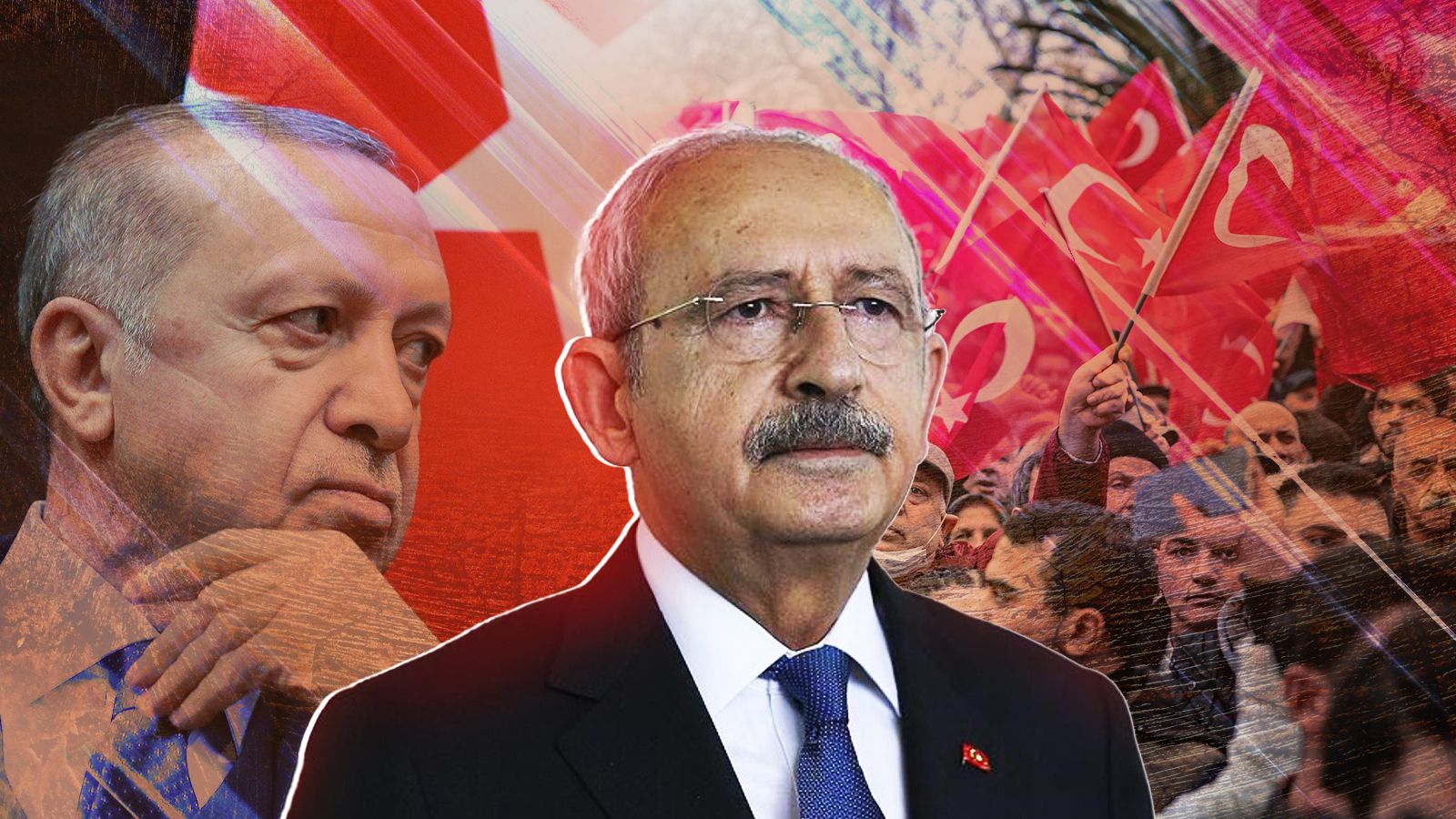ANKARA (Realist English). On the eve of the elections, Turkish society remains deeply divided, even when it comes to such a devastating event as the recent earthquake that claimed the lives of more than 55 thousand people. Evren Balta, a Professor of International Relations and Chair of the International Relations Department at Özyeğin University in Istanbul, Turkey, writes about this in her article for Middle East Eye.
Citing public opinion polls, Balta notes that less than 40% of respondents were satisfied with how the government handled the earthquake. Significant differences are observed along party lines: more than 90% of the voters of the Justice and Development Party (AKP) gave a positive assessment, and more than 95% of the voters of the CHP gave a negative assessment to the authorities.
“Although the AKP is Turkey’s largest party, the continued disintegration of its electoral base has made it more challenging to gain the necessary 50 percent + 1 of the vote for the presidency. The AKP’s percentage of the total vote in 2018 general elections was 43 percent, while that of its key coalition ally, the National Movement Party (MHP), was 11 percent. Currently, according to a number of polls, the MHP’s support is about 7 percent and the AKP’s 35 percent.”
“Yet, anti-Erdogan sentiments among the electorate do not necessarily translate into direct support for the Nation Alliance, which needs the pro-Kurdish Peoples’ Democratic Party (HDP)’s support to guarantee a parliamentary majority. The HDP-led Labour and Freedom Alliance recently declared its support for Kılıçdaroğlu, making him the clear frontrunner,” Balta emphasizes.
Many observers have called the upcoming parliamentary elections in Turkey the most important in recent years, and polls show that Turkish fascist leader Recep Erdoğan and his party may lose power for the first time since 2002.
The voting day is scheduled for May 14.


















